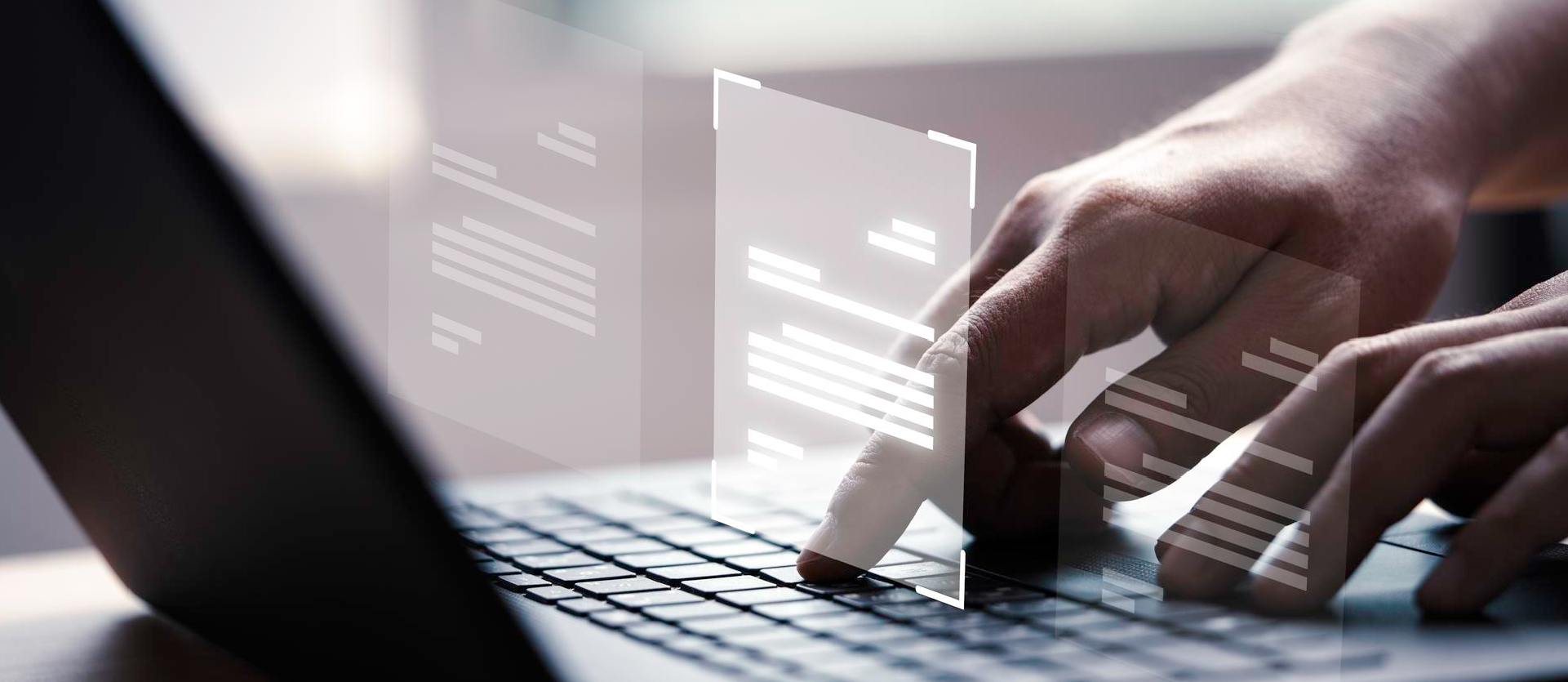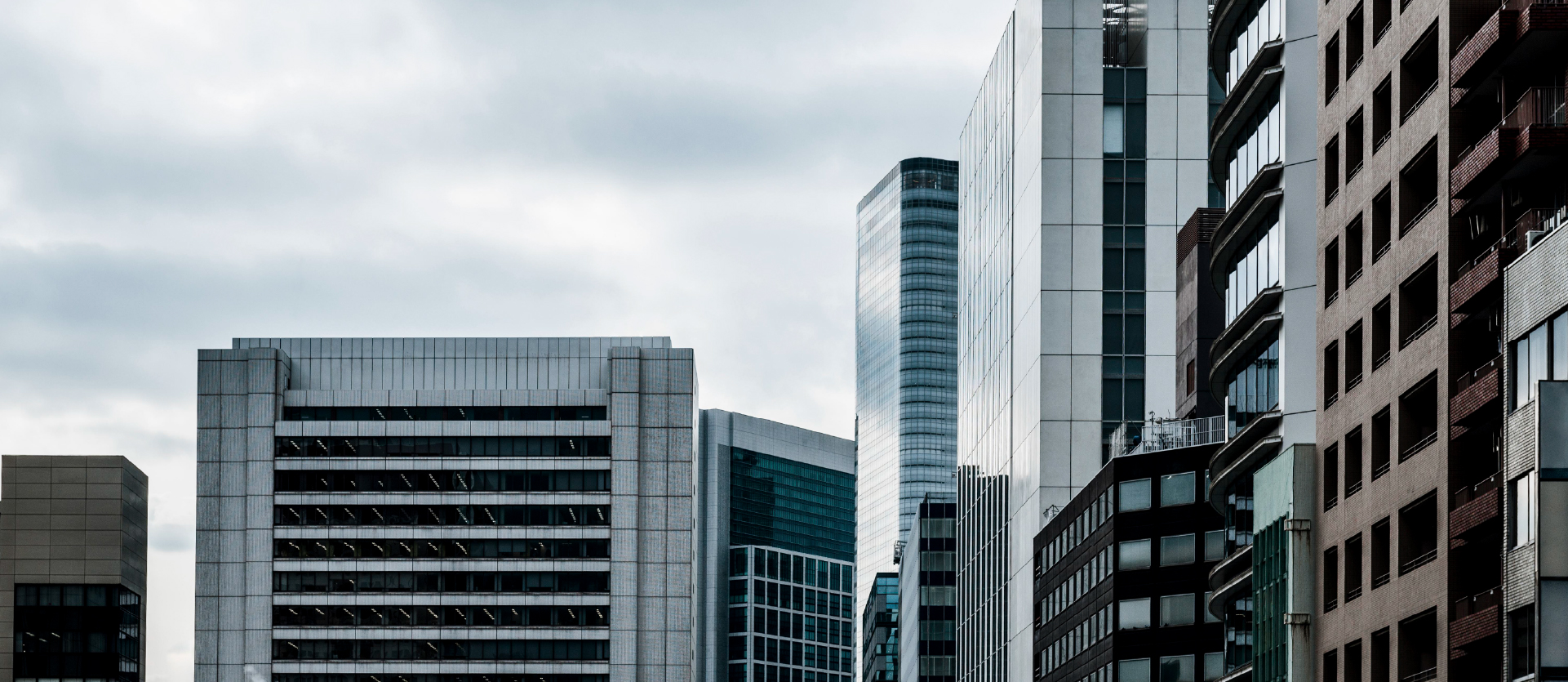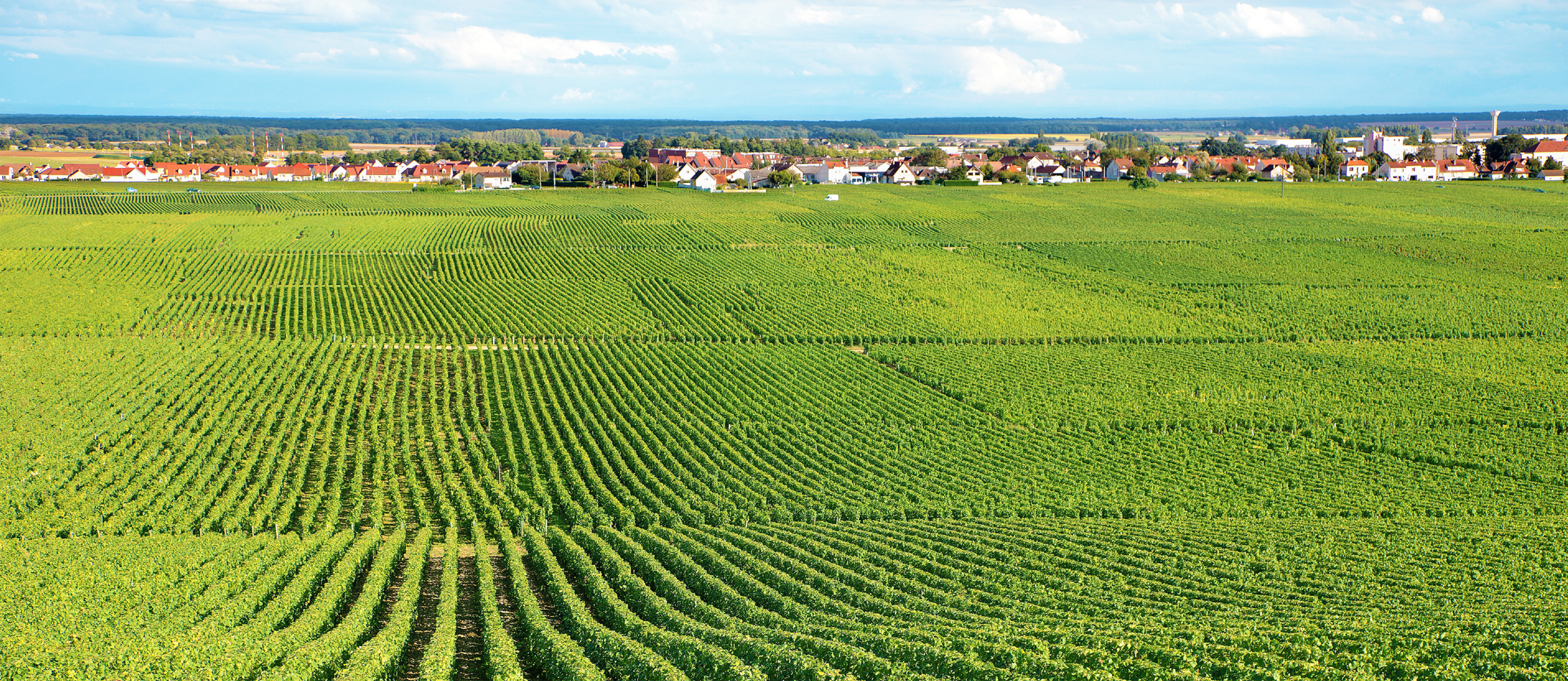Executive Summary
| Regulation | Date | Content |
| Ley N° 7.548 | September 8, 2025 | Establishes a new tax incentive regime for domestic and foreign investment. This law replaces Law No. 60/1990 (the "Law 60/90"), modernizing it and incorporating new provisions. |
| Ley N° 7.547 | September 8, 2025 | Establishes the new maquila regime, which modernizes the system previously established by Law No. 1,064/1997 (the "Previous Maquila Law") and creates new provisions. |
| Ley N° 7.546 | September 8, 2025 | Creates a special regime for the production and assembly of electrical, electronic, electromechanical, and digital equipment. |
The respective drafts of the three laws were submitted by the Presidency to Congress on July 24, 2025, as part of a package of regulations aimed at promoting investment in Paraguay. Both houses of Congress approved the bill, and the President signed the new laws into effect on September 9.
Development
► Law No. 7,548/2025: Establishes the new tax incentive regime for domestic and foreign investment, replacing Law 60/90.
Law No. 7,548/2025 on the "New Tax Incentive Regime for Domestic and Foreign Investment" (the "New Regime") modernizes and replaces the legal regime previously established by Law 60/90, which had been in force since 1991. This comprehensive reform is particularly relevant for domestic and foreign companies planning to invest in Paraguay, as it introduces renewed tax benefits and more agile mechanisms for accessing incentives.
According to official data contained in the explanatory memorandum of the bill, the regime established by Law 60/90 had facilitated the raising of capital for a cumulative amount, between 1989 and 2024, of more than USD 10.255 billion. In the last decade, the average annual investment reached approximately USD 329 million, of which 64% corresponded to domestic capital and 36% to foreign capital. These results are expected to improve with the New Regime, especially in Paraguay's current macroeconomic context, and this is expected to influence an increase in the national GDP.
The new regime maintains the existing key incentives but incorporates important innovations, especially the equalization between domestic and foreign investors for the exemption from the Dividend and Profit Tax (IDU). Companies that make investments exceeding USD 13,000,000 will be eligible for IDU exemptions for up to 10 years, in addition to other substantial tax benefits.
Among the main tax benefits contained in the new legislation, the following are maintained and expanded:
- Exemption from customs duties and Value Added Tax (“VAT”):For the importation of capital goods intended for the production cycle. The granting of this benefit is conditional upon: (a) there being no domestic production of capital goods that are functionally compatible with those to be imported; and (b) the Paraguayan industry not supplying the goods required by the investment project in terms of quality and quantity. The determination of the availability and functional compatibility of domestic production is the responsibility of the Ministry of Industry and Commerce (MIC), which will decide on the basis of a prior non-binding technical report issued by the Paraguayan Industrial Union (UIP) or another organization deemed relevant.
- Exemption from customs duties on imports: Of raw materials and inputs intended for the manufacture of capital goods established in the investment project.
- VAT exemption on the first sale: Of capital goods that have been imported or purchased on the Paraguayan market under this New Regime, which have direct application in the productive or agricultural cycle. This exemption applies exclusively when the sale is made between beneficiaries of this New Regime.
- Exemption from Non-Resident Income Tax (INR): On interest and commissions remitted abroad for cash loans (investments ≥ USD 13,000,000). This tax benefit applies for the duration of the project financing.
- IDU Exemption: For up to 10 years for investments of ≥ USD 13,000,000, now available for both domestic and foreign capital. The granting of this benefit maintains the conditions established under Law 60/90 and applies exclusively to investors without tax residence in Paraguay, i.e.: (a) the investment must not come from a low or zero tax territory ("BONT"); and (b) in the hypothetical case that IDU withholding applies, the tax withheld is not recognized as a tax credit for the investor in their country of tax residence.
- Transfer between beneficiaries: It allows the transfer of imported capital goods that have benefited from the New Regime between beneficiary companies that have biministerial resolutions, without paying the import taxes originally exempted. The asset benefiting from the New Regime must remain the property of the beneficiary entity for a minimum period of five years, counted from the date of dispatch in the case of imported goods, or from the date of acquisition for goods produced by domestic manufacturers. If the goods are transferred before the five-year period is completed, the beneficiary is obliged to pay the full amount of the taxes originally exempted.
In addition, the New Regime introduces the following additional changes:
- Guarantee trust: A new mechanism for financing investment projects, which allows for the creation of a guarantee trust with capital goods benefiting from the New Regime.
- Limited renewal: Benefits may be renewed within a maximum period of 20 years from the first grant, avoiding the indefinite permanence of tax incentives.
- Greater control: Monitoring mechanisms are strengthened with on-site and off-site surveillance, plus random checks. The body responsible for controls will be the Executive Secretariat of the Investment Council.
For companies currently enjoying benefits under Law 60/90, these will be maintained until their expiration, in accordance with the joint ministerial resolution by which the benefits were granted. However, renewals and supplements must comply with the provisions of the New Regime. With its publication and enactment, the New Regime is now in force. The Executive Branch must issue the regulatory decree for the New Regime within 120 days of the entry into force of the regulation.
► Law No. 7,547/2025: Establishes the new maquila regime, which modernizes the legal system that had been established in the previous Maquila Law.
Law No. 7,547/2025 "On the New Maquila Regime" (the "Maquila Law") modernizes the regulatory framework of the maquila regime, which had been in force since 1997. Under the previous maquila regime, approximately 30,000 jobs were created, generating USD 1.084 billion from exports of goods and USD 32 million from exports of services by the end of 2024, according to official data.
This comprehensive reform of the maquila regime brings important changes for maquila companies, especially in terms of taxation. The main objective of the new Maquila Law is to modernize the system and make it more competitive, as well as to align the existing tax incentive regime with international recommendations on the matter.
The new Maquila Law introduces official recognition of service maquilas, fully incorporating them into the regime and extending to these activities the same benefits enjoyed by industrial maquilas. In the case of service maquiladoras, the refund will be subject to a specific limit: up to a maximum of 0.5% of the value added in the national territory or of the value of the export invoice issued by order and on behalf of the parent company, whichever is greater.
The law clarifies that the refund will not be applicable to items related to professional fees, explicitly excluding this category of services. In addition, the refund will be conditional on compliance with the requirements established in Article 12 of the law itself, related to national employment, investment, and alignment with development policies.
The text also proposes institutional changes. The National Tax Revenue Directorate will become part of the National Council of Maquiladora Export Industries (CNIME), granting greater supervisory and control powers to the Executive Secretariat. It also provides for the simplification and digitization of procedures related to the regime, with the aim of facilitating its operation.
In terms of taxation, an updated regime is consolidated. The single tax of 1% on national added value or on the export invoice is maintained, while guaranteeing the express right to a VAT tax credit refund. It also provides for the exemption from Corporate Income Tax ("IRE") on income from officially approved maquila programs, further clarifying the application of the regime. In addition, the exemption from all other Paraguayan taxes (e.g., commercial license) is maintained, with the exception of fees corresponding to services actually received. It should be noted that the owners, partners, or shareholders of maquila companies are exempt from IDU and Personal Income Tax (“IRP”) on dividends they receive from maquila companies, in accordance with the provisions of Law No. 6,380/2019, which establishes Paraguay's general tax regime.
A key point of the new Maquila Law is that it establishes a period of twenty (20) years as the maximum duration of benefits for maquila companies to operate under this regime, something that was not provided for under the previous system. The aforementioned twenty-year period is counted from the date of the administrative act approving the maquila program. During that period, the beneficiary may request a renewal of the regime for an additional period equal to the one initially granted, or up to the maximum duration, provided that it meets the requirements. This new limit is based on an alignment with best practices in fiscal policy for granting benefits, as indicated by the Organization for Economic Cooperation and Development (“OECD”), which suggests limiting the duration and renewal of tax exemptions to prevent the indefinite permanence of incentives, avoid distortions, and protect the tax base.
Finally, a transition period is provided for maquila programs currently in force under Law 1064/97. These will have a period of twelve months to comply with the new provisions of the enacted Maquila Law, with automatic incorporation into the new regime without loss of acquired rights. The protection of investments already made is also ensured, providing legal stability to companies currently operating under the scheme.
► Law No. 7,546/2025: A special regime is created for the production and assembly of electronic, electromechanical, and digital equipment.
Law No. 7,546/2025, "Establishing the National Policy for the Production and Assembly of Electrical, Electronic, Electromechanical, and Digital Equipment," seeks to diversify the Paraguayan economy through specific tax incentives for the technology sector, with the aim of significantly transforming the country's industrial landscape.
The expected impact of this new law is significant. It seeks to attract investment in technology and advanced manufacturing sectors, diversify the national productive matrix, generate skilled employment, and consolidate Paraguay as a regional technology center. Given the importance of the manufacturing sector—which currently accounts for 19.5% of GDP and employs more than 316,000 workers—the application of this regime could drive its expansion toward higher value-added activities. This new regime seeks to increase value-added activities such as the assembly of electronic, computer, and telecommunications products, which still have a marginal presence in Paraguay's manufacturing sector.
The regime offers significant tax advantages:
- Exemption from customs duties on imported materials (except service fees)
- Reduced VAT tax base: 15% for imports and local purchases of materials
- Preferential VAT with a reduced tax base of 45% throughout the marketing circuit for products assembled under this regime
- Compatibility with benefits under Law 60/90 for capital goods
Imported materials that benefited from this regime may be transferred by the beneficiary to a new investment project of the same ownership that has already been approved, subject to a favorable technical report from the Investment Council. The request must be based on: (a) definitive cessation of operations due to a duly accredited fortuitous event or force majeure; or (b) modification of the asset originally approved for assembly or production.
This regime is incompatible with any other that establishes tax deductions, exemptions, or waivers or that establishes special tax regimes. The New Tax Incentive Regime for Domestic and Foreign Capital Investment is exempt from this incompatibility.
The requirements for access to the regime are clearly defined. Interested companies must incorporate at least 20% of national added value in the production chain, generate permanent formal employment, implement technology transfer programs, and submit a complete investment project that includes, among other things, an Environmental Impact Statement.
The benefits will be granted for a period of twenty years from the date of project approval. It is possible to request renewal of the benefits of this regime for an additional period of twenty years, provided that the requirements are met again.
With its publication in the Official Gazette, this law is now in force. The Executive Branch must regulate it within 120 days.
For interested companies, it is recommended to carefully analyze investment opportunities in the electronics sector, design proposals that ensure compliance with the national added value requirement, explore strategic alliances that facilitate technology transfer, and plan large-scale projects—exceeding USD 13 million—with the support of duly registered national consulting firms.


